Delve into the world of Native American literature with best-selling books penned by indigenous authors. These captivating works offer profound insights into Native American culture, history, and perspectives. Join Native American Clothes on a literary journey that explores the rich tapestry of indigenous storytelling through the Books By Native American Authors.
Who is the most famous Native American writer?
In the ever-evolving landscape of American literature, a group of remarkable authors emerged as torchbearers of Native American voices. Through their powerful words and thought-provoking narratives, they challenged stereotypes, redefined historical narratives, and ignited a resurgence of Native activism. In this exploration, we delve into the lives and legacies of these influential writers who left an indelible mark on the literary world.
Vine Deloria Jr.: Championing Native Activism

-
- Custer Died for Your Sins: An Indian Manifesto: Deloria’s seminal work shook the literary scene in 1969, thrusting Indian issues into the spotlight.
- A Prolific Pen: With over 20 books, Deloria continually addressed societal misconceptions, reshaping the discourse on Native affairs.
N. Scott Momaday: Pulitzer Prize Laureate
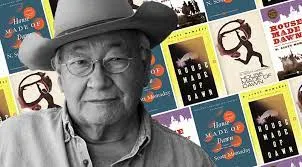
-
- House Made of Dawn: Momaday’s masterpiece not only won him the Pulitzer Prize but also paved the way for Native American writers in mainstream literature.
- A Multifaceted Talent: An accomplished novelist, storyteller, artist, and teacher, Momaday’s influence extends far beyond his novels.
Duane Niatum: The Poetic Artisan
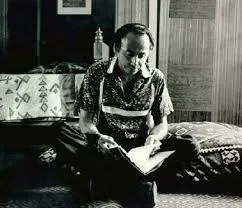
-
- The Crooked Beak of Love: Niatum’s poetry draws from both Western and S’Klallam cultural heritage, creating lyrical masterpieces.
- A Literary Craftsman: His poetic prowess shines in works like “Song for the Harvester of Dreams,” a recipient of the American Book Award.
Gerald Vizenor: Prolific and Innovative
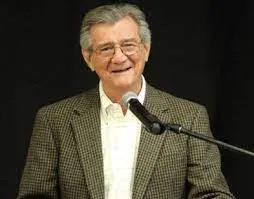
-
- Griever: An American Monkey King in China: Vizenor’s groundbreaking novel intertwines Native mythology with a Chinese setting, earning him the American Book Award.
- Literary Trailblazer: With more than 30 books and an extensive body of work, Vizenor continues to shape Native American literature.
Louise Erdrich: Celebrating Native Characters

-
- Love Medicine: Erdrich’s debut novel garnered the National Book Critics Circle Award, setting the stage for her exploration of Native American narratives.
- A Diverse Portfolio: Beyond novels, Erdrich’s literary repertoire includes poetry, short stories, children’s books, and a memoir.
James Welch: Founding Father of Native American Renaissance

-
- Fools Crow: Welch’s novel earned him an American Book Award, solidifying his place as a foundational figure in the Native American Renaissance.
- Multifaceted Talent: Welch’s contributions extended to non-fiction, poetry, and even documentary writing, showcasing his diverse literary skills.
These remarkable authors transcended boundaries, leaving an enduring legacy that continues to inspire generations. Through their storytelling prowess, they not only reshaped the narrative of Native Americans but also enriched the tapestry of American literature itself. Their works stand as a testament to the power of words in challenging perceptions and forging cultural identity.
What book is considered the first literary masterpiece by a Native American?
Native American literature, a rich tapestry of stories, has a history as diverse and profound as the cultures it represents. In this exploration, we shine a spotlight on the pioneers of Native American literature who reshaped narratives, challenged conventions, and left an indelible mark on the literary landscape.
Samson Occom: A Sermon that Echoes Through Time
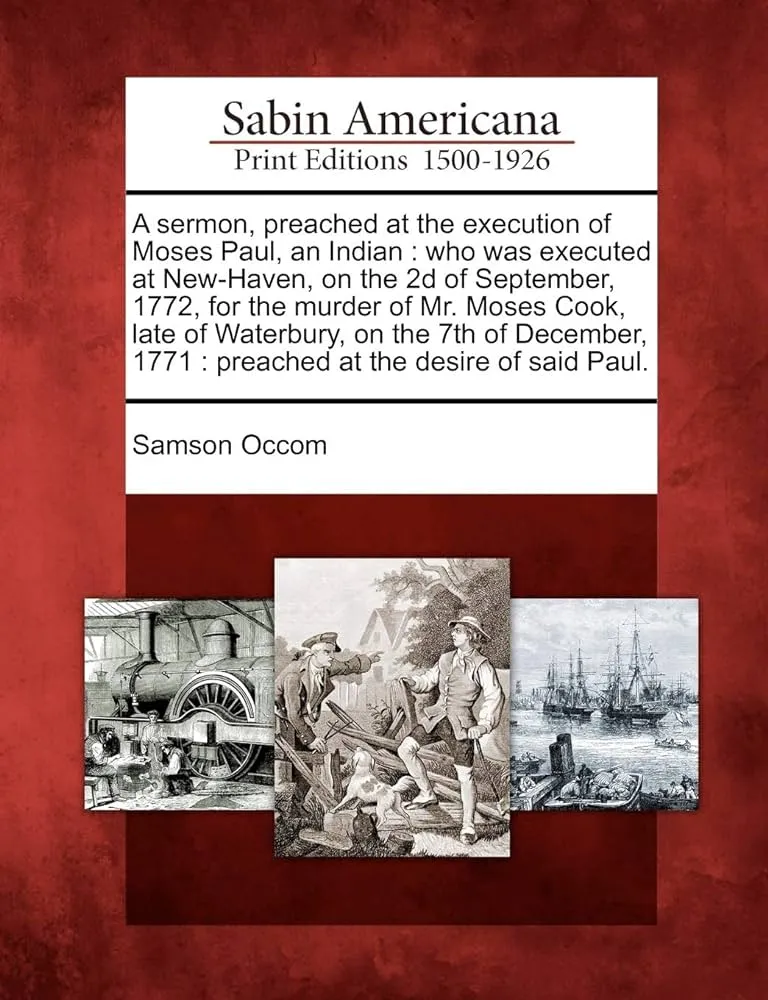
- A Sermon Preached at the Execution of Moses Paul: Occom’s 1771 sermon, written in English, was not only a historical first but also a poignant reflection on justice and identity.
- The Mohegan Wordsmith: Hailing from the Mohegan tribe, Occom’s work traversed through 19 editions, proving the enduring power of his words.
John Rollin Ridge: Penning the First Native American Novel
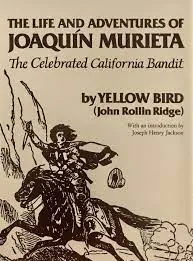
- The Life and Adventures of Joaquin Murieta: Ridge’s 1854 novel marked a watershed moment, being the first-ever novel crafted by a Native American.
- Cherokee Chronicles: Ridge, a Cherokee visionary, dared to explore new literary horizons, paving the way for generations to come.
Simon Pokagon: A Literary Pioneer
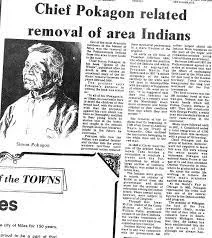
- O-gi-maw-kwe Mit-I-gwa-ki (Queen of the Woods): In 1899, Pokagon’s novel emerged as the inaugural Native American work delving into the intricacies of Indian life.
- Potawatomi Legacy: Hailing from the Potawatomi tribe, Pokagon’s contribution to Native American literature remains an enduring testament to cultural preservation.
N. Scott Momaday: Pulitzer Prize Laureate
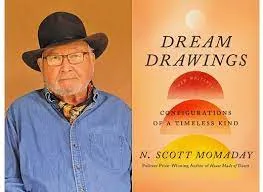
- House Made of Dawn: Momaday’s 1968 novel stands as a landmark achievement, earning him the prestigious Pulitzer Prize in 1969.
- Kiowa Legacy: A member of the Kiowa tribe, Momaday’s groundbreaking work not only broke barriers but also inspired a generation of Native American writers.
These literary pioneers, through their words and narratives, transcended boundaries and challenged perceptions. Their groundbreaking contributions continue to resonate, forging a path for contemporary Native American authors. In honoring their legacies, we celebrate the enduring power of storytelling to shape cultural identity and redefine the literary landscape.
What was the first autobiography written by a Native American man in English?
Trailblazers of Personal Narratives: Voices of Change
Unveiling the Pioneers Who Shaped Personal Narratives
In the annals of American literature, there are luminous voices that transcend time, sparking reformist movements and leaving an indelible mark on the literary world. Here, we uncover two such trailblazers who emerged during the early republican period, their personal narratives igniting the flames of change and inspiring generations of writers.
Olaudah Equiano: A Beacon of Antislavery Advocacy
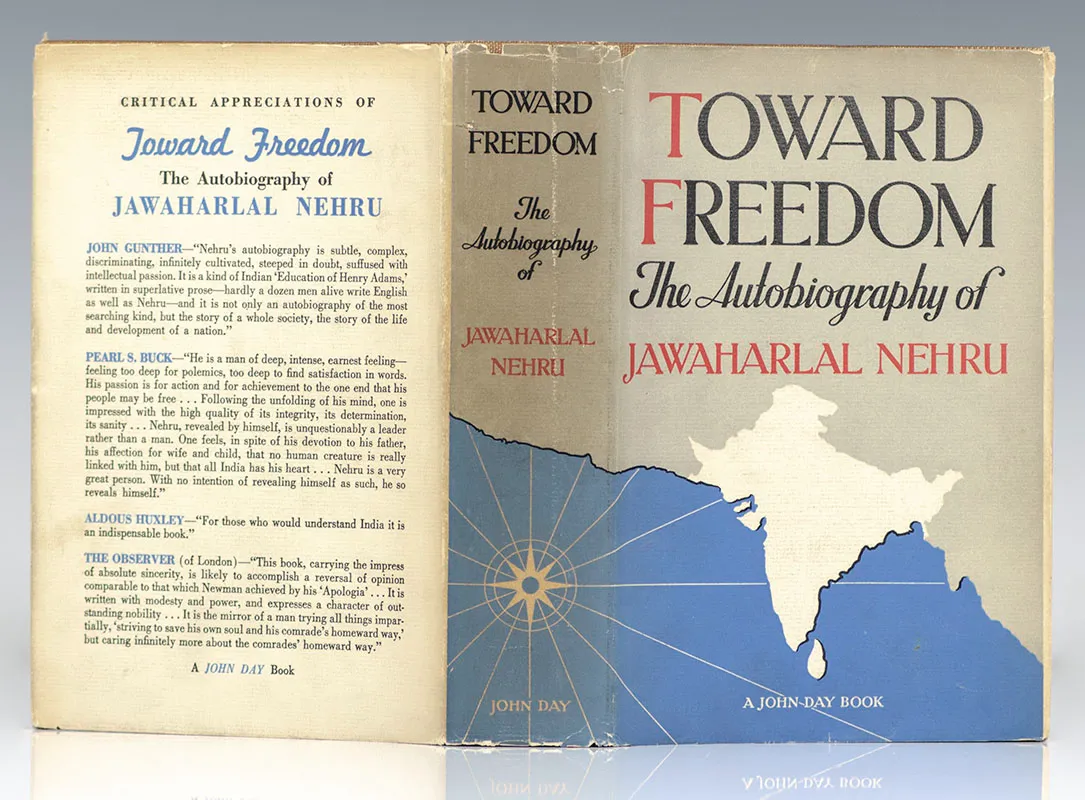
- The Interesting Narrative of the Life of Olaudah Equiano, or Gustavus Vassa, the African (1789): Equiano’s groundbreaking narrative not only chronicles his life but also serves as a cornerstone of the antislavery movement.
- Pioneering the Slave Narrative: His work laid the foundation for the immensely popular slave narrative genre that would captivate readers in the years leading up to the Civil War.
William Apess: A Native American Trailblazer
- A Son of the Forest (1829): Apess, a Pequot, made history by publishing the first extensive autobiography by a Native American, shedding light on the struggles and triumphs of his people.
- Confronting Prejudice: His essay, “An Indian’s Looking-Glass for the White Man” (1833), stands as a powerful condemnation of racial bias, challenging societal norms and demanding justice.
These literary pioneers, from diverse backgrounds, dared to share their personal narratives, illuminating the injustices of their times. Their words ignited reformist fervor and continue to inspire writers, emphasizing the enduring power of personal narratives to bring about change and shape the course of history.



